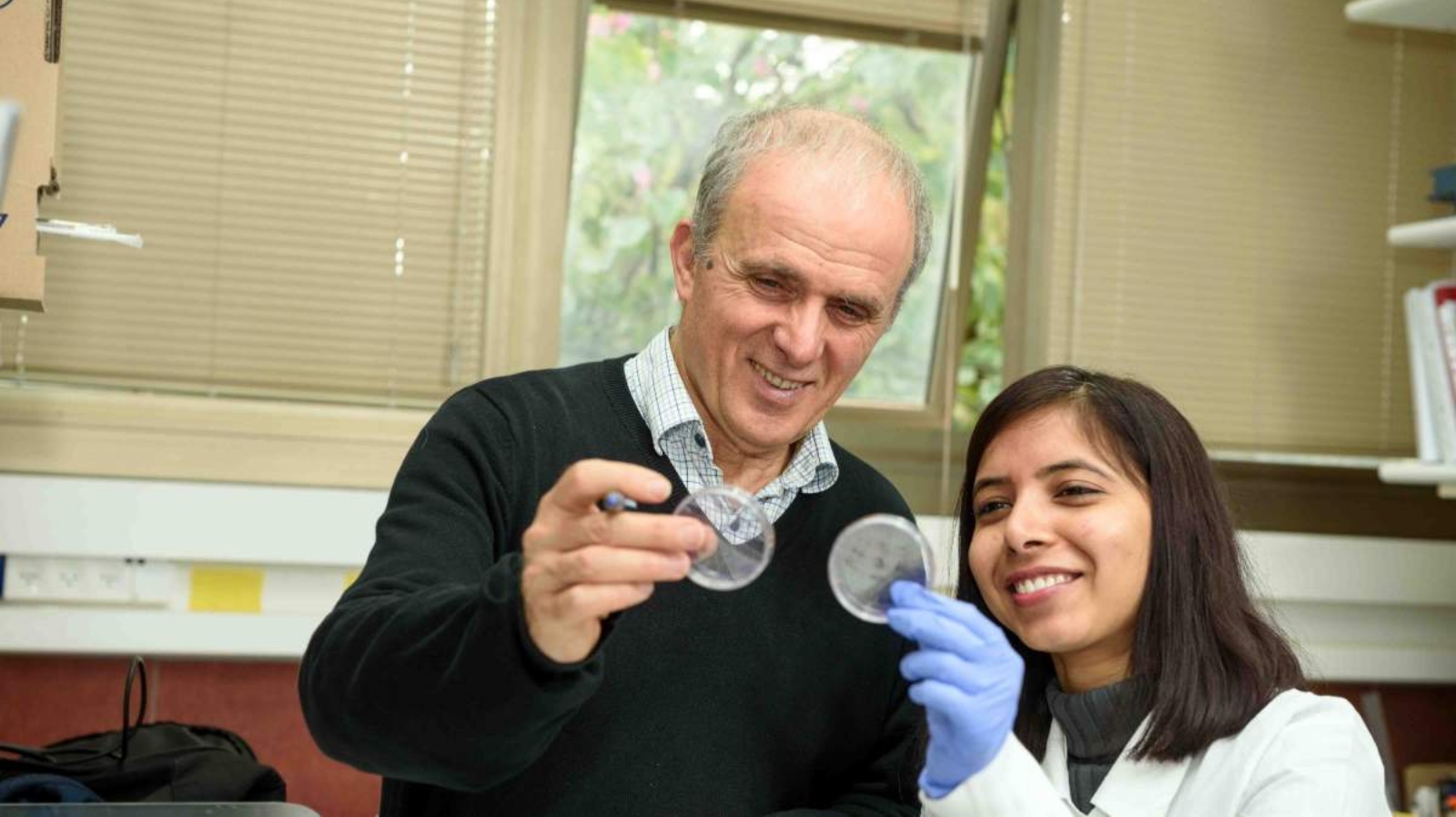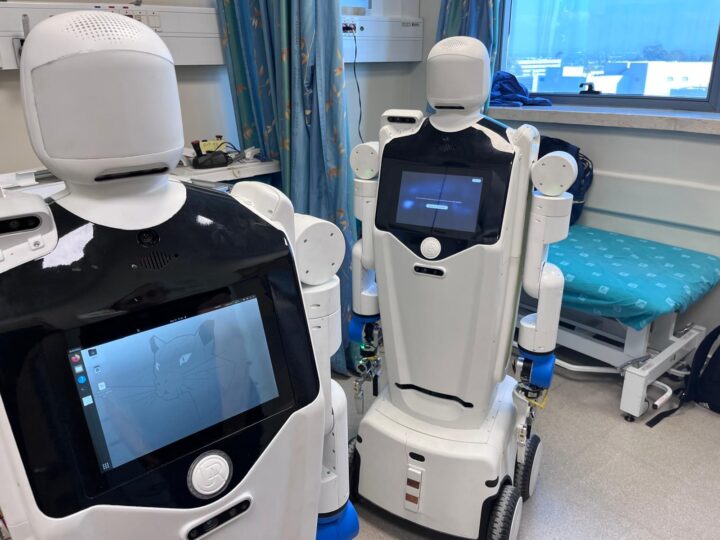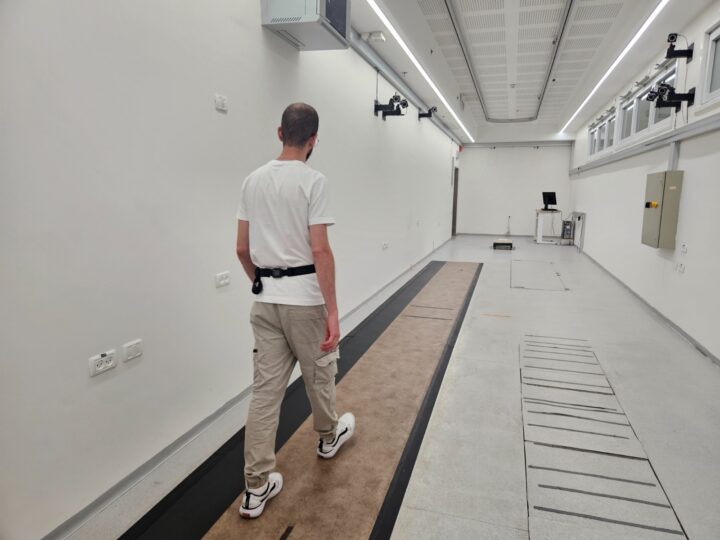Ewing sarcoma is a bone cancer that mainly affects teenagers. Once it spreads to distant organs, it is hard to treat.
Researchers at the Weizmann Institute of Science in Israel have discovered molecular interactions underlying Ewing sarcomas and proposed a potential treatment, which showed promise in a study in mice published recently in Cell Reports.
The study focused on glucocorticoids, receptors for steroid hormones. These receptors convey hormonal messages related to stress, wakefulness and other important functions in virtually all human cells.
But sometimes glucocorticoid receptors stimulate malignant growth by moving to the cell nucleus, where they interact and bind with molecules that turn genes on or off.
In the biological regulation laboratory of Prof. Yosef Yarden, postdoctoral fellow Swati Srivastava and colleagues revealed previously unknown interactions leading to the creation of an oncogene — a cancer-causing gene.
Physical binding between glucocorticoid receptors and the protein made by this oncogene significantly increased the growth and spread of human Ewing sarcoma cells in laboratory mice.
The tumors grew much more slowly when the mice received metyrapone, a drug that reduces glucocorticoid synthesis. When they received a drug called mifepristone, which blocks the glucocorticoid receptor, Ewing sarcoma did not spread from the bone to the lungs.
The researchers saw that increasing the activity of glucocorticoid receptors made the sarcomas grew and spread much faster.
The researchers also identified seven genes regulated by the glucocorticoid receptors that were expressed in high levels in Ewing sarcoma patients with lethal tumors. They believe these genes might serve as a genetic signature for identifying patients most likely to respond to treatment.
“Our findings provide the basis for a personalized approach to the treatment of Ewing sarcoma,” Srivastava said.
The team included scientists from other departments at Weizmann and scientists from the University of Bologna, Institut Curie in Paris, and the Children’s Cancer Research Institute of the Medical University of Vienna.
















